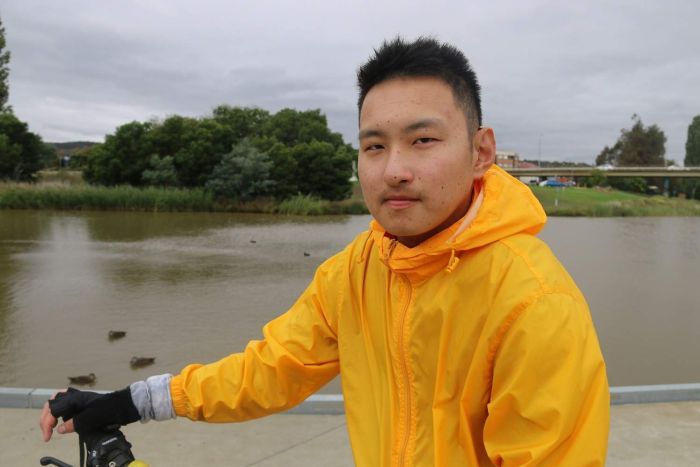I recently attended a policy and advocacy training session conducted by a well-seasoned advocate who’d overseen and helped drive numerous successful campaigns. I came away from it overwhelmed with all the lifelong assumptions I was now forced to question. She imparted many gems of advice, but chief among them was to believe in the spirit of human generosity and benevolence, and to never try to justify the importance of human rights through numbers.
It appears that most human beings do share the same values – while we don’t usually argue against those, we do often get lost in the processes and solutions to enact those values. The same advocate told us that about 75 percent of Australians responded to select extrinsic values such as benevolence and community to be more important to them than intrinsic ones such as power and security. This was met with nothing but sheer disbelief and scepticism by the people who could not help but think of the troubled nature of our current political climate.
However, it really shouldn’t be surprising – least of all to someone who must operate on a nonpartisan but not apolitical approach daily. Struggle, pain and isolation are such fundamental human experiences that no one is a stranger to – even if they can be typically exacerbated in some individuals of specific identities for many reasons, some social.
It is for this reason that we should view the Kinley rally as an effort to help a high school boy, who is beloved by his friends, his teachers and the wider community, to keep his home and lead the best quality of life possible with his family. Every parent has the right to wish for their child to attain the happiness and security that they deserve in a community that accepts them – regardless of ‘financial cost’.
Kinley Wangchuk is not a chess piece in someone’s wider political narrative, but a human being with a very real story and set of experiences and emotions. He is 18, likes playing sport with friends and is an active participant in his classes. He and his parents have lived in Australia for seven years. In these years they’ve become valued members of a community that they not only have contributed to immensely, but helped enhance and uplift. Kinley is now able to hear with the assistance of a hearing aid and has learned Australian Sign Language.
His entire life has been built from his childhood in this community and in this country, and his ability to communicate with ease offers him independence and autonomy. Deportation of Kinley and his family to Bhutan not only strips him of the support networks and friends he’s built over several years, but also the ability to speak for himself or retain autonomy.
Not only is Australian Sign Language not used in the area of Bhutan where they are from, but there are unique stigmas and forms of discrimination that Kinley will undoubtedly face. He will probably also struggle with the isolation and upheaval of his life as he knows it. It is bizarre to decentralise who he is and his story from other narratives.
People with disabilities are not burdens on society. They contribute to their community in significant and meaningful ways when simply given the opportunity and the appropriate assistance to express themselves, their personalities, their passions and their talents. You cannot ignore the specific needs of an individual as if they are negotiable (hint: they’re not!) or switch to adopting a set of blanket assumptions and stereotypes about everyone with a shared identity. All disability is simply at different points on a spectrum of lived experience. The needs or accessibly requirements of everyone is central to their lives experience, but the individuals themselves are as diverse as everything else in this world.
There are undoubtedly thousands of protests and causes that will occur in our lifetimes, and it is easy to spend time lazily debating with constructed theories on how worthwhile or deserving they are of our time and support. However, that bored discussion has real-life consequences, and here it impacts a very real person and his family.
An hour of attendance may simply be just that – an hour of effort or initiative on top of a busy week or a little less time to do other fun things. I can’t say those other things aren’t valid – you, too, are an individual with needs and your own context after all. We may not even remember or pay much attention to the outcome after tomorrow – we certainly won’t live with it for the rest of our lives. But there’s a human being who will. And he is now in a position where he must rely on the support of other people to decide how he gets to live the rest of his life. I hope that makes you feel something, at least a little.
We acknowledge the Ngunnawal and Ngambri people, who are the Traditional Custodians of the land on which Woroni, Woroni Radio and Woroni TV are created, edited, published, printed and distributed. We pay our respects to Elders past and present. We acknowledge that the name Woroni was taken from the Wadi Wadi Nation without permission, and we are striving to do better for future reconciliation.
